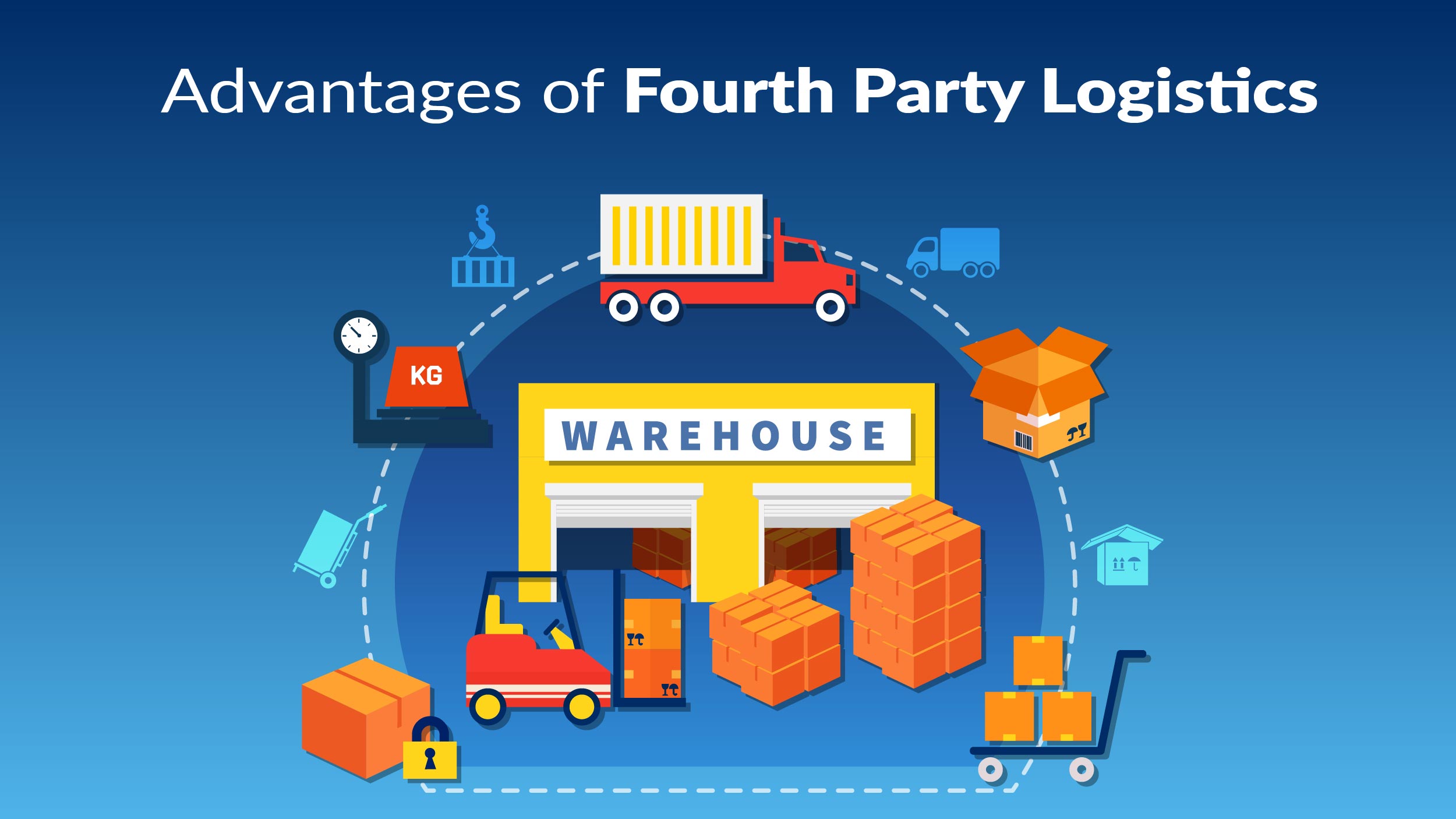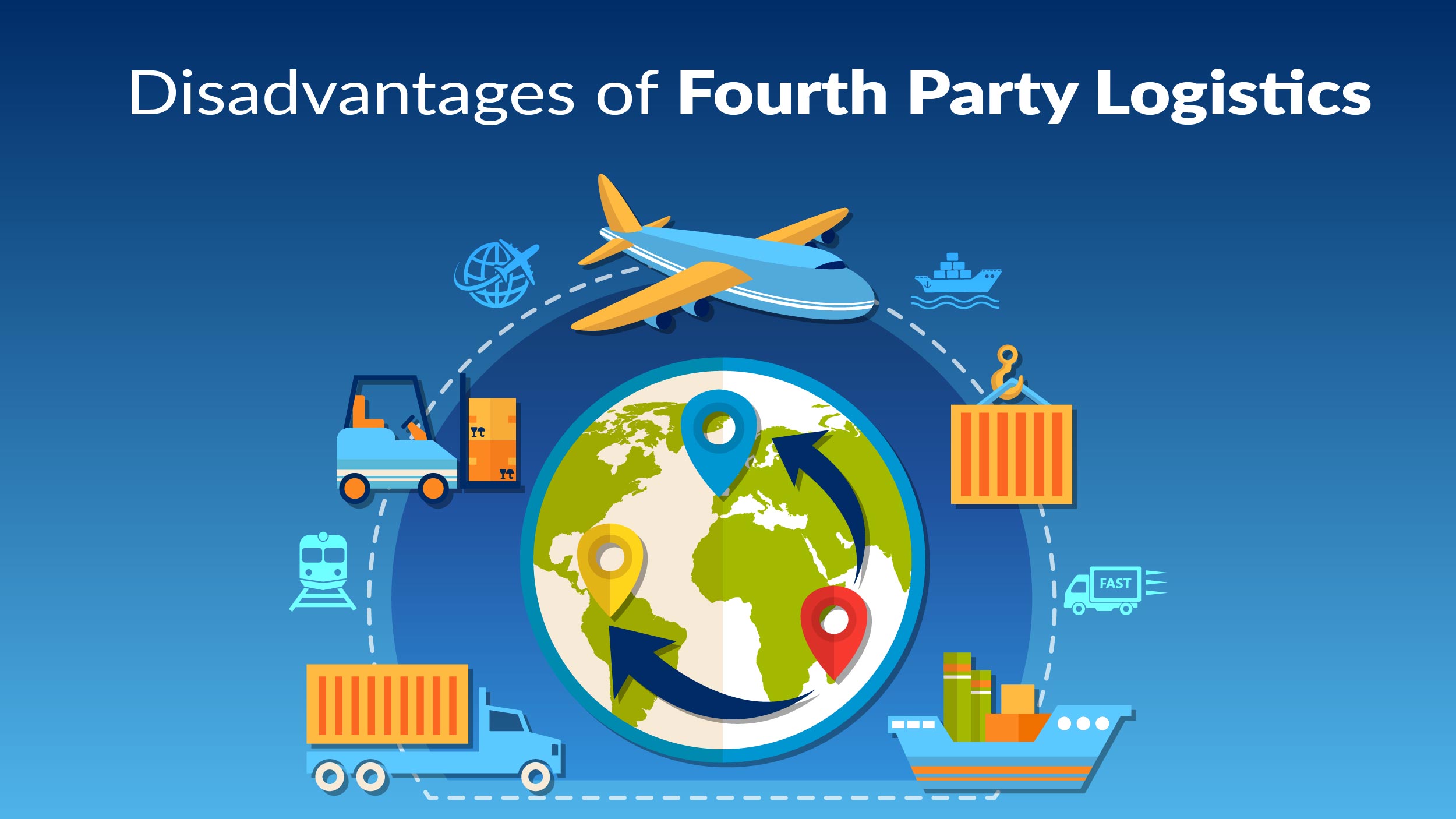Companies that rely on multiple logistics providers seldom integrate. As you’re not ‘under the same roof’, operations can be disconnected, communications can fall through the cracks, and average performance prevails—in short.
A way to counteract this is fourth-party logistics (4PL), which is becoming increasingly popular as a solution. 4PLs are full-service and seamless logistics providers and act as the central coordinator of the entire supply chain. They bring together multiple logistics providers, technologies, and workflows under one roof. Let’s take a look.
What is Fourth Party Logistics?
Fourth-party logistics, or 4PL, is a term used to denote a company that outsources its entire supply chain management and logistics functions to a single service provider.
Unlike a third-party (3PL) logistics provider that manages part of your company’s supply chain functions, the 4PL provider is usually the company’s exclusive external supply chain point of interaction.
The provider’s role is also significantly broader and includes the planning and coordination of resources, technology, and infrastructure, as well as strategic planning and monitoring.
Advantages of Fourth Party Logistics

- Supply Chain Expertise: 4PL providers are expert system builders who are experienced in working with national and international affiliates. 4PLs know how to structure and where to find reliable networks and can architect effective flow of goods systems that maintain logistical.
- Single Point of Contact: 4PL providers act as a single point of contact between their clients and their clients’ supply chains. They monitor and engage the many levels and facets of a company’s logistical strategies, eliminating the need for complex communication channels.
- Lower Costs: Employing a 4PL to manage your logistics provides your business with a lower cost of owning, operating, and maintaining in-house logistics infrastructure as compared to outsourcing your logistics functions to a company that is an expert in logistics. 4PLs leverage their expertise and resources to achieve transportation optimization, reduced transportation costs, and higher overall performance.
- Improved Efficiency and Optimization: Engaging a 4PL operates on the premise of continuous review and optimization of logistics functions. 4PLs employ resource allocation, end-to-end shipment management, and consult-level support to engage logistics strategy and overall performance.
- Access to Specialized Services: Fourth-party logistics providers offer numerous specialized services that include transportation solutions and options, logistics project planning and execution, and tailored supply chain solutions. Regardless of the needs of businesses, 4PL providers can tailor their services to achieve efficient and effective logistics operations.
Also Read: Supply Chain Visibility: A Guide to Navigating Success
Disadvantages of Fourth Party Logistics

- Control: Outsourcing the entire logistics function to a 4PL service provider means that you forfeit some level of control over your supply chain. Since all communications are funneled through the 4PL provider, they act as the main point of contact for all logistics activities, which are handled centrally. This often leads to diminished control and visibility.
- Single Provider: When the decision is made to outsource the entire logistics function to a single service provider, your business then becomes dependent on this external vendor. Any hiccup or delay with this provider, or failure to achieve the desired results, could potentially compromise your entire supply chain and disrupt your business.
- Minimal Customization: Most 4PL vendors will give you a one-size-fits-all approach and process. They may not be able to customize their offerings to meet your business’s needs and wants. There will be little or no room for negotiation.
- Communication Barriers: As the supply chain involves multiple stakeholders, communication is the key. In 4PL, you will need to coordinate and communicate with different vendors and suppliers, which can create delays and confusion.
- Cost: Outsourcing your logistics operation has its costs, and so does 4PL. Although you will be saving on the initial costs as you will not have to invest heavily in your logistics department, you may have to pay ongoing costs to your 4PL vendor for their services. In such cases, you need to analyze whether 4PL is the best option or if there is another better logistics solution.
Examples of Fourth Party Logistics
- DHL Supply Chain: DHL provides 4PL products, namely logistics integrators providing end-to-end supply chain management.
- UPS Supply Chain Solutions: UPS provides 4PL products, i.e., integrating information across logistics and transport operations to optimize supply chain management.
- DB Schenker: DB Schenker provides a 4PL product named Lead Logistics, which covers 4PL, freight management, transport management, and supply chain solutions.
- Kuehne + Nagel: Kuehne + Nagel provides 4PL products, which offer end-to-end supply chain management tailored to your needs.
Concluding Thoughts
Logistics has a ton of moving pieces. There’s transportation, warehousing, packaging, order fulfillment, and the list goes on and on.
As your company grows, you might need extra help to manage all aspects of your logistics. That’s where fourth party logistics providers come in.
As with everything, there are advantages and disadvantages to using a 4PL (as we have mentioned in this article). On the one hand, you’ll have an entire team of experts working with you to streamline the logistics side of your business.
On the flip side, you’ll have less control over the logistics process, and there are management fees that need to be accounted for. All in all, whether you use a 4PL or not should come down to your individual business needs.



